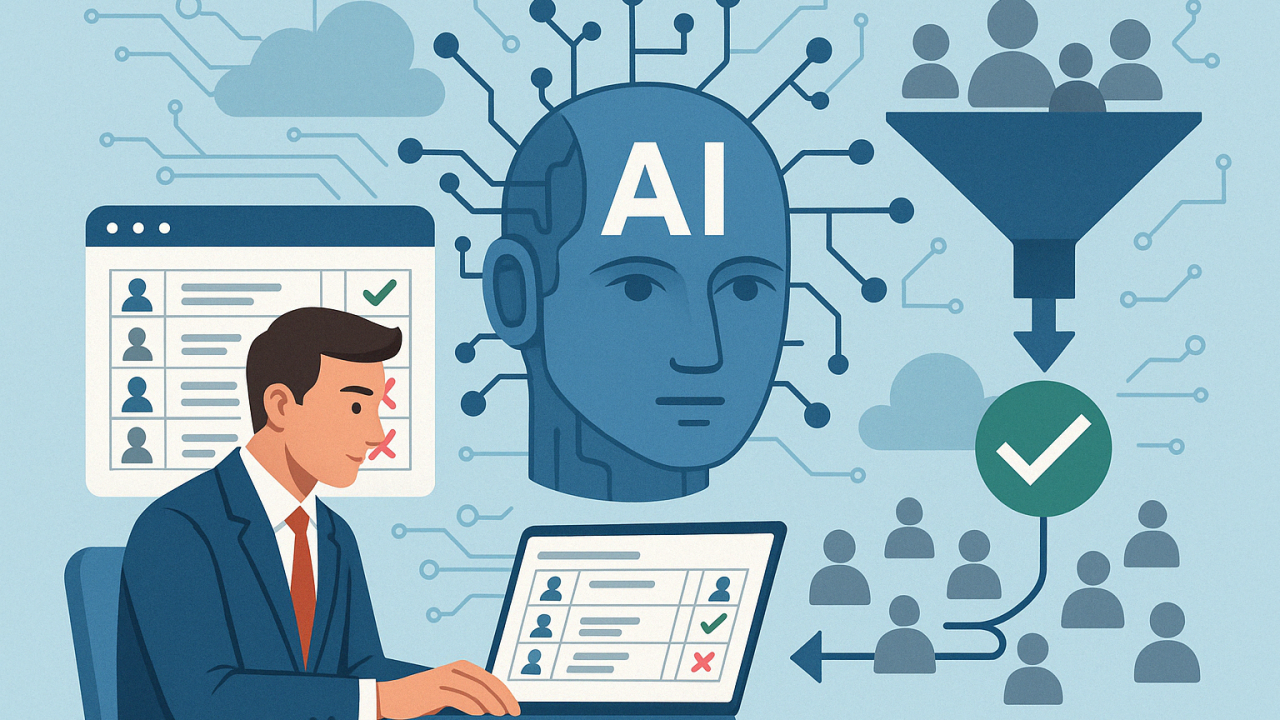- Netherlands (1.7%), UK (1.2%) and Canada (1.16%) lead the way in ethical AI hiring, but progress remains tentative
- Responsible AI mentions in job descriptions have risen as a share of all AI-related postings, from nearly zero in 2019 to 0.9% in 2025 (on average among the 22 countries in our sample).
- Human-centred occupations like legal and architecture outpace tech in Responsible AI job mentions
- Company strategy and reputation appear more influential in driving Responsible AI than regulation
Mentions of Responsible AI in global job postings have climbed steadily over the past few years, but still make up just 1% of all AI-related roles, according to the latest analysis from Indeed. While the trend is upward, the low share suggests that companies are only beginning to embed ethical AI considerations into workforce planning.
Countries showing the strongest signs of Responsible AI adoption include the Netherlands (1.7%), United Kingdom (1.2%), and Canada (1.16%). The United States, which accounts for nearly half of all AI job postings globally, also saw mentions climb to 1%, in line with the global average.
Despite mounting policy efforts, including the EU AI Act and rising international scrutiny, the presence of Responsible AI in job ads appears to owe more to corporate positioning than government mandates. Indeed’s analysis shows a weak correlation (0.21) between Responsible AI mentions and countries’ AI regulation scores.
For example, the UK tops the index for AI legislation strength but has a similar Responsible AI share (1.2%) to less regulated markets like Singapore and Canada. Similarly, countries with strict AI regulation, such as those under the EU AI Act, exhibit comparable Responsible AI over AI ratios to less regulated markets like the US.
This suggests that reputational concerns or international business strategies are driving Responsible AI adoption as much as, or more than, regulatory requirements. Companies appear to be attempting to internalise AI risks and address them based on market incentives or corporate and social responsibility, rather than solely in response to regulatory mandates.
Human-centred roles take the ethical lead
Based on US examples, occupations with high levels of direct human interaction - such as Arts & Entertainment (4.5%), Architecture (4.1%), and Legal (3.5%) - were most likely to reference Responsible AI. These fields may have a heightened awareness of the ethical dimensions of AI deployment.
Conversely, tech-heavy roles like Software Development and Mathematics, while highly AI-intensive, are less likely to explicitly mention Responsible AI, possibly reflecting a focus on development over downstream impacts.
“Responsible AI is on the rise in hiring language, but remains very far from being widespread,” said Jack Kennedy, Senior Economist at Indeed. “Mentions have increased from practically zero in 2019 to around 1% of AI job postings today. That’s encouraging, but given the growing power and reach of AI tools, the gap between risk recognition and workforce action is still clear.”
Ethics by strategy, not just statute
Indeed’s findings suggest that corporate branding, multinational communication strategies, and reputational factors may play a larger role in shaping Responsible AI mentions than regulation alone. Firms appear to be incorporating responsible AI commitments selectively, often in client-facing or governance-heavy roles, rather than universally across AI functions.
Whether these mentions reflect genuine investment or corporate image-building remains to be seen. But with AI adoption accelerating and public trust on the line, the stakes for embedding ethical considerations in hiring are only growing.






